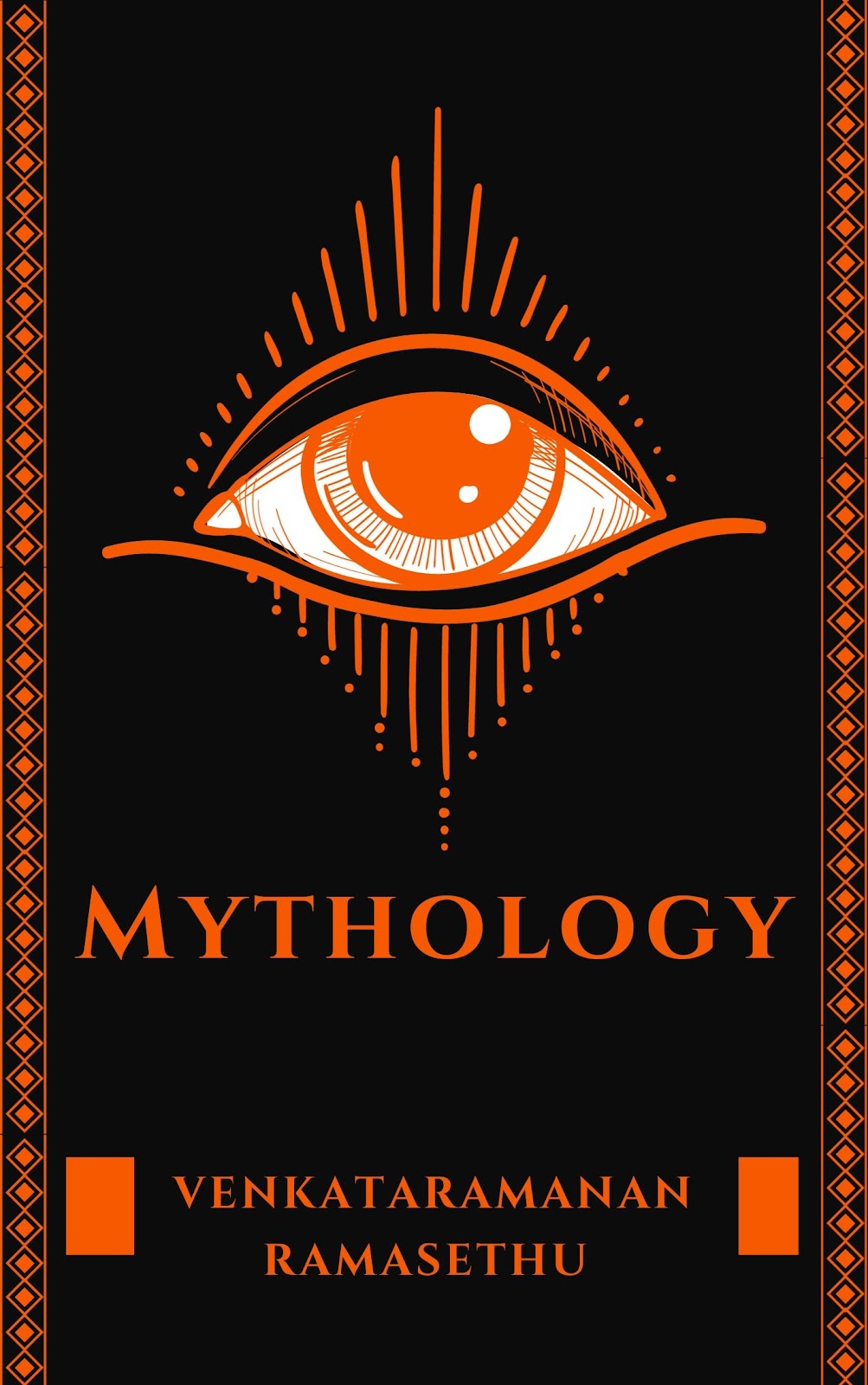The Enigmatic Allure: Indian Mythology in the Writings of English Authors Globally
The Mystic East Meets the Literary West
From the verdant valleys of Kashmir to the tranquil backwaters of Kerala, India has always been a land of profound mysteries and captivating folklore. This enigmatic charm has not only shaped the cultural and spiritual landscape of the subcontinent but has also left an indelible mark on the literary imaginations of English writers around the globe.
The Epics Resurrected
At the heart of this influence lie the two great Indian epics: the Mahabharata and the Ramayana. These ancient texts, replete with complex characters and intricate narratives, have been a source of inspiration for countless English authors. One can see echoes of the moral dilemmas faced by Arjuna in the Mahabharata in the internal conflicts of characters penned by writers like W. Somerset Maugham and Graham Greene.
Mythology Reimagined
Contemporary authors like Neil Gaiman and J.K. Rowling have also dipped their quills in the ink of Indian mythology. Gaiman's “American Gods” subtly integrates elements of Hindu deities, while Rowling's portrayal of the magical creatures in her Harry Potter series has roots in Indian mythical creatures.
Philosophical Underpinnings
Indian mythology, rich with philosophical musings, has attracted the likes of Aldous Huxley and Herman Hesse. Huxley’s “Brave New World” and Hesse's “Siddhartha” both reflect deep philosophical insights drawn from Indian mysticism and religious texts such as the Upanishads and the Bhagavad Gita.
Symbolism and Allegory
The vibrant tapestry of Indian mythology, filled with gods, demons, and mythical creatures, has been a fertile ground for allegory. Salman Rushdie’s “Midnight's Children” and Yann Martel's “Life of Pi” are testaments to this, weaving Indian mythological themes with contemporary issues.
The Feminine Divine
Indian mythology, with its powerful goddesses like Durga and Kali, has played a significant role in shaping the feminist narrative in English literature. Authors like Angela Carter and Margaret Atwood have drawn from these images to craft strong female characters in their works.
A Bridge Across Cultures
Indian mythology, with its universal themes of love, valor, and sacrifice, has not just influenced individual authors but has also served as a bridge, bringing together Eastern and Western literary traditions. This confluence has enriched English literature, making it more vibrant and diverse.
A Timeless Influence
The influence of Indian mythology on English writers is a testament to the universal appeal and timeless relevance of these ancient narratives. They continue to inspire, challenge, and enlighten authors and readers alike, proving that stories, no matter how old, can transcend borders and epochs, continuing to shape the world's literary heritage.
As we delve into these literary works, we not only encounter the mystical lands and legendary heroes of India but also embark on a journey into the depths of the human psyche, exploring themes that are as relevant today as they were millennia ago. This is the magic of Indian mythology in English literature – a dance of ancient lore with modern narratives, creating a symphony that resonates across the world.


